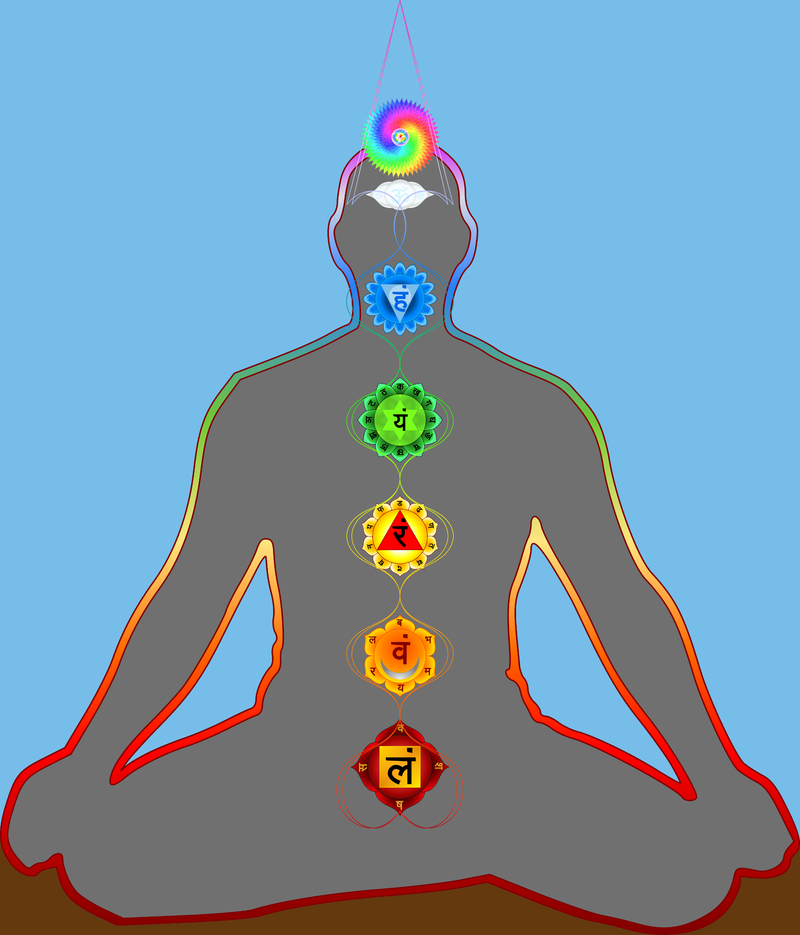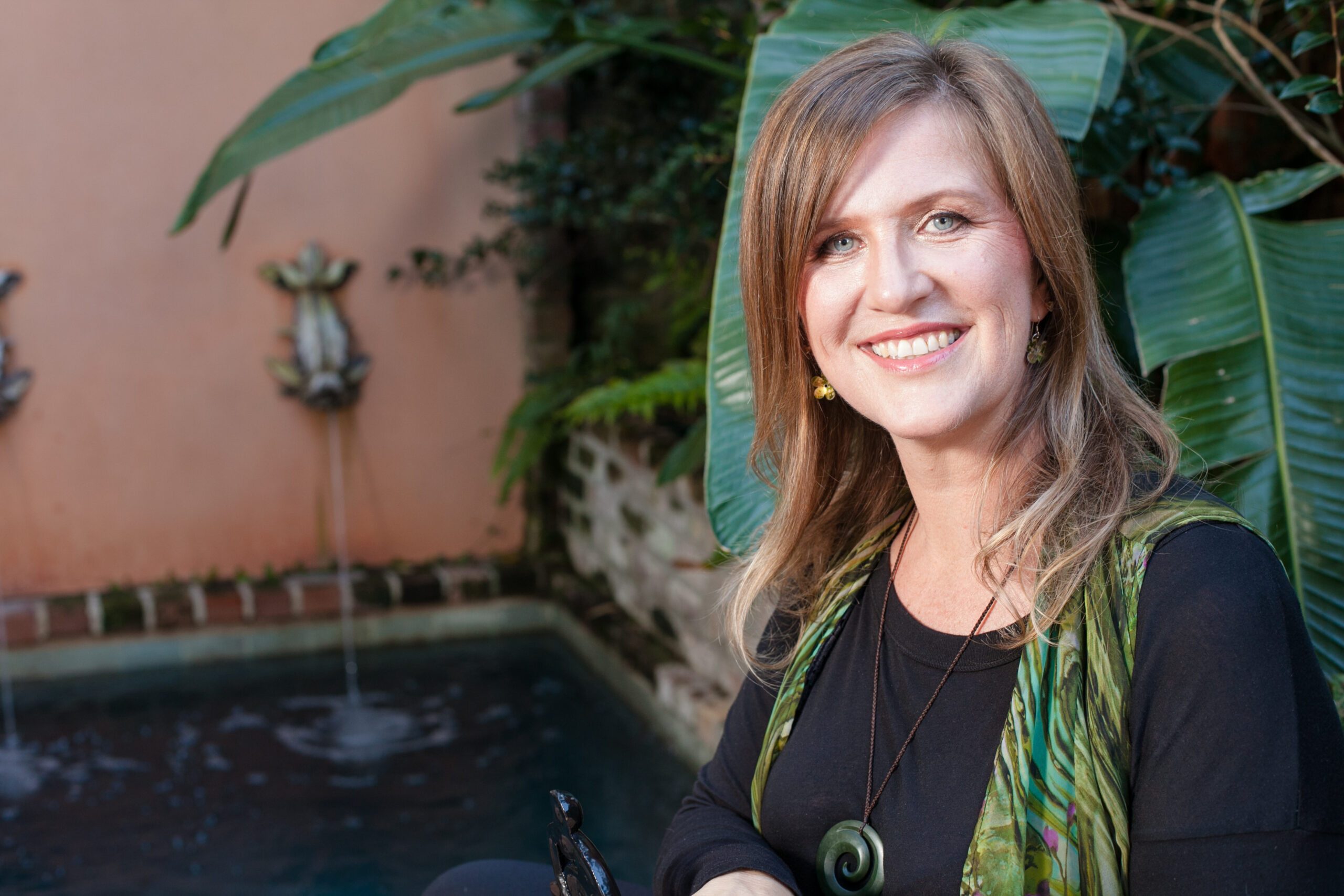Authors: Ali Haase, Leah Mazie, and Mackenzie Rich
Right now we are in the year 2020, a term we also use to describe perfect vision. The year 2020 is dramatically changing our vision, specifically how we see ourselves and our thoughts, words, and actions. 2020 has been particularly unusual as we continue to experience the global coronavirus pandemic. Analyzing the linguistic meaning behind the term “coronavirus” can shed light on our altered vision. The term “corona” means “crown,” and this year has opened up our crown chakras. The crown chakra is associated with transformation, awareness, and our connection with higher consciousness. The coronavirus pandemic has changed the way we view the world and ourselves.
In March 2020, 36% of Americans stated that the coronavirus pandemic has affected their mental health (Esterwood). When this statistic was taken, it was only the beginning of what would become one of the most deadly pandemics the world has ever experienced. Whether dealing with grief, the lack of social interactions, heightened consequences of pre-existing mental conditions, increase in substance use, or feelings of isolation, individuals across the globe are struggling to maintain their mental health during an extremely uncertain time. This pandemic poses real community problems that must be addressed. As three eager Tulane students, we took it upon ourselves to investigate the ways in which students and adults coped with feelings of uncertainty during this time.

How do we align in 2020? (Photo: Wiki Commons)
Throughout the semester, we had the pleasure of working with New Orleans physical therapist and medical visionary Melanie Weller. As explained on her website, Melanie emphasizes the importance of “redefining connection and alignment to help you think bigger about the impact and potential of your voice from physical, mythological, and cosmological perspectives, focusing on the vagus nerve as the pathway between these aspects.” Before meeting with Melanie, we expected to learn about the adverse effects of the pandemic on one’s mental health. However, as we spoke more about our experiences with Melanie, we began to realize the ways in which the pandemic revealed information about ourselves.
Our “Corona Goggles” explained through the question: What do you envision when you envision “Corona Goggles?”
Ali: I envisioned my metaphorical sunglasses to be multi-colored and bright. This showed me that I am an optimistic person who likes to view things in a positive light. I like to think of the world as a happy place in which there are many meanings behind each event that I experience. In regard to corona, my “corona goggles” were a bit foggy. The pandemic left me with many questions about my future, but I still tried to find positivity in my time spent at home. Quarantine allowed me to spend more time with family and friends and appreciate the little things in life. I learned that I need to value patience in regard to my future.
Leah: I envisioned my corona goggles as a simple pair of sunglasses that fell crooked on my face. This showed me that I tend to see the future as bright. In addition, since the glasses were fairly simple, they portrayed me as a pretty straightforward person. In regard to COVID-19, since the glasses were crooked, this representation showed me that even if things do not always go smoothly, to stay positive and life will go on. Throughout quarantine I continuously reminded myself to live each day in the moment without worrying about the future. This mindset allowed me to enjoy the quality time I was able to spend with my family at home.
Mackenzie: I envisioned my corona sunglasses as over- sized, square framed, and bright green. I took this as a symbol of self- growth throughout the pandemic. Although this unfortunate time has not been easy for anyone, my time at home gave me the opportunity to really connect with myself and re-evaluate certain environments that I was not happy in. Whether this pertains to the people I was surrounding myself by, my physical environment, or even my mental headspace, focusing on myself and what is best for me has pushed me to make changes. This mindset has helped me become the happiest I have been in a while and given me a stronger appreciation for the people I love.
We truly value our time spent with Melanie Weller. She taught us to think in ways that we never had before. Before our work with her, we did not realize that anxiety in the stomach is a reflection of the self, feelings in the fingers relate to a sense of touch with others, and stress in the chest relates to self-worth. By offering new insight and perspective to our feelings during the COVID-19 pandemic, we were able to reflect in a new way. Although the average person may see their quarantine experience in a negative manner, we hope our podcast can spark conversation and urge people to acknowledge that good can be found in every bad situation.

Melanie Weller (Photo provided by: Melanie Weller)
 NOLAbeings Multimedia artist Claire Bangser created NOLAbeings as a portrait-based story project that marries...
NOLAbeings Multimedia artist Claire Bangser created NOLAbeings as a portrait-based story project that marries...  Voodoo in New Orleans: Reviving history: New Orleans fortune telling This article takes a deep dive into the history of Voodoo in New Orleans, its hybridization with Catholicism, and its present-day place in the city's culture. The author visits fortune-tellers in the French Quarter, using their guidance as a tool for introspection rather than a deterministic predictor of the future. Through her experiences in New Orleans, the author feels a mystical connection to both the past and the future.
Voodoo in New Orleans: Reviving history: New Orleans fortune telling This article takes a deep dive into the history of Voodoo in New Orleans, its hybridization with Catholicism, and its present-day place in the city's culture. The author visits fortune-tellers in the French Quarter, using their guidance as a tool for introspection rather than a deterministic predictor of the future. Through her experiences in New Orleans, the author feels a mystical connection to both the past and the future. 